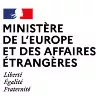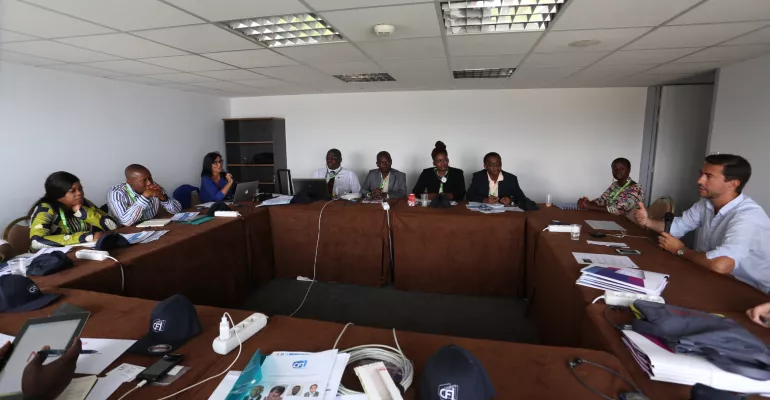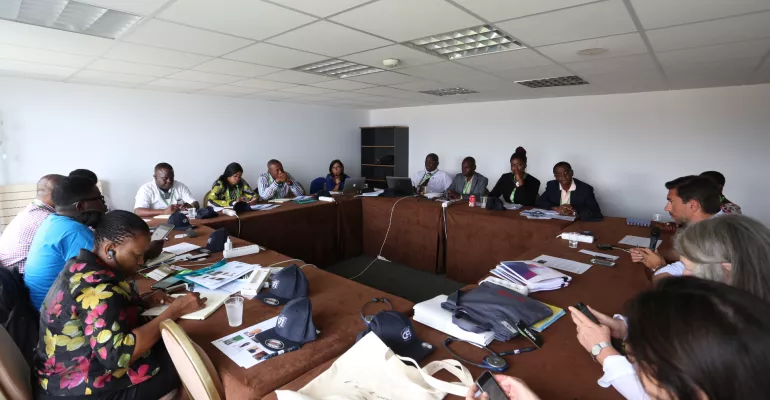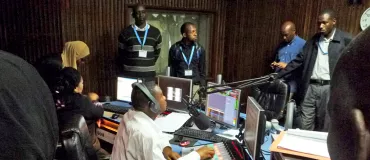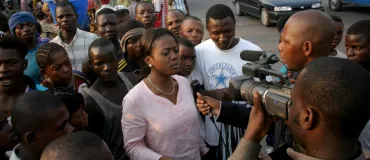Afrique programmes

Goals
Presentation
Purchasing programmes and making money from them is one of the major challenges facing TV channels whose development strategy is based on their programme policy. The commercial exploitation, development and profitability of programme schedules are at the heart of this approach, which concerns content producers and television channels, as well as the public. This project aims to address the concerns of African TV channels who, aware of the new challenges entailed by the arrival of DTT, wish to reform and anticipate future changes.
As part of the TVFI market, 13 African television channels will receive support for the direct acquisition of programmes. This training focuses on the identification of needs, negotiation and purchasing in the market.
Project beneficiaries
State and private TV channels in 13 English-, French- and Portuguese-speaking countries in Africa.
Files to download
Actions
Pre-selection of a catalogue prior to the TVFI market
The channels receive a list of pre-selected programmes likely to interest them in the catalogue offered by TVFI, and a list of sellers willing to meet them.
On the basis of this list, broadcasters select a number of priority programmes. CFI then arranges appointments with vendors, in cases where they can be taken as a group.
Assistance in negotiation
CFI to hold a brief training session on negotiation techniques, in the form of a role play.
African television channels are then supported and guided in their actions and meetings. A daily review is held throughout the duration of the market, to allow buyers to give their opinion, and share experiences or problems.
The fundamental principles of funding and commercially exploiting television programmes
CFI escorts its African TV partners at the TVFI Rendez-Vous
Programme purchasing
By the time the TVFI market draws to a close, the television channels are genuinely engaged in the buying process and ready to translate their dealings with vendors into contracts.
During this period, the channels are supported and guided through their negotiations.
Six months later, a project evaluation is performed to determine whether or not the experience is worth repeating.

